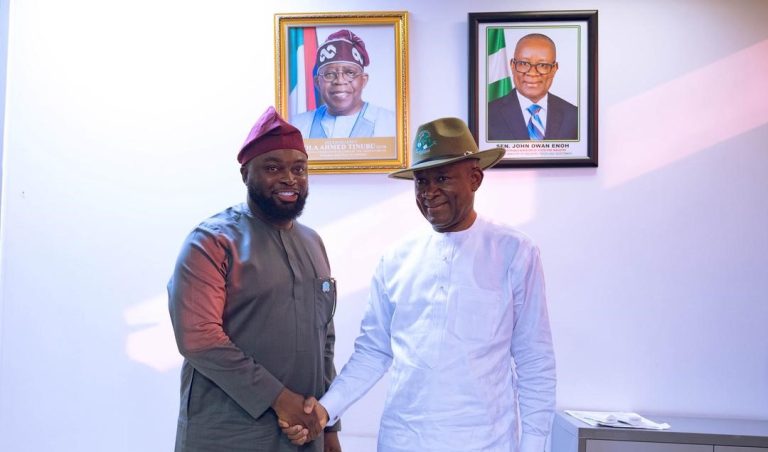Despite the crowd’s jubilation in Bamako, the arrest of President Ibrahim B. Keita, Prime Minister Boubou Cisse, the minister of finance, the president of the National Assembly, and other government officials seems unlikely to result in fundamental change. An estimated half of Mali’s population lives in severe poverty, ethnic divisions are chronically unaddressed, and Islamist jihadis roam much of the northern half of the country. Those realities are unlikely to change as a result of a coup. Subsequent to their success, the coup makers are justifying themselves by citing the corruption, nepotism, and all-around bad governance of the Keita regime.
Initial media accounts tied the coup to popular discontent spearheaded by civil society and a charismatic imam and linked it to fall-out from corrupt elections earlier in the year. But, rather than a popular revolution, this coup appears to have been carried out by five colonels, calling themselves the National Commission for the People’s Salvation. This entity is led by Gen. Cheick Fanta Mady Dembele, whom some local commentators see as the real leader of the coup, though he remains in the background. The coup makers likely have the support of the broad political class, based in Bamako, dissatisfied by the Keita government’s response to popular unrest. The military and the political class, based on past performance, is uninterested in the fundamental social and political change that would be necessary to address the country’s dysfunction.
Once falsely viewed by Western commentators and policy makers as the poster child of African democracy and good governance, Mali’s current descent into unending crisis is usually dated from the 2012 military unrest and Tuareg efforts to establish a separate state—Azawad. (Tuareg separatism reflects unresolved ethnic differences dating from French colonial times.) Then, radical jihadis captured the Tuareg separatist movement and were soon seen as threatening the destruction of the Bamako government. French intervention forestalled that outcome. Since then, the Malian and French militaries, African regional forces, and a UN military presence has failed to defeat the Islamists, and security has continued to deteriorate. (The United States has provided significant financial support to the anti-jihadi effort and provides logistical and other support to French forces.) Insofar as this latest coup highlights the dysfunction of the Malian state, it will likely benefit the jihadis that have been expanding their area of operation in the wider region.
Thus far, international reaction to this latest coup has been hand-wringing. The African Union and the Economic Community of West African States (ECOWAS) has denounced it and called for sanctions. The French and American governments have issued statements condemning the coup. The UN Security Council is expected to discuss it and will likely denounce it.
France has the largest modern military force in West Africa, with some 5,000 personnel. Successive Paris governments have viewed the Sahel as the “near abroad” and of vital national interest. But, French military intervention in the past has been denounced as “neo-colonial;” some local commentators are suggesting that Gen. Dembele is staying in the background because of fear of the perception that he is “backed” by France. The Macron government is saying that France will remain engaged in Mali, but for how long and under what circumstances remains to be seen. The French public appears increasingly fatigued by the seemingly never-ending fighting in the Sahel, “our Afghanistan.” It is also unclear what the restoration of the Keita regime or new and likely flawed elections could accomplish. Nevertheless, a possible, perhaps likely, outcome will be a deal among the military and the political class that leads to new elections and another “rearrangement of the deck chairs on the Titanic.” The coup makers have already announced that they will establish a “civilian” government to carry out new elections.
© CENTRE ON FOREIGN RELATIONS
https://any.peopleandpowermag.com/mali-coup-rearranging-the-deck-chairs-on-the-titanic/



